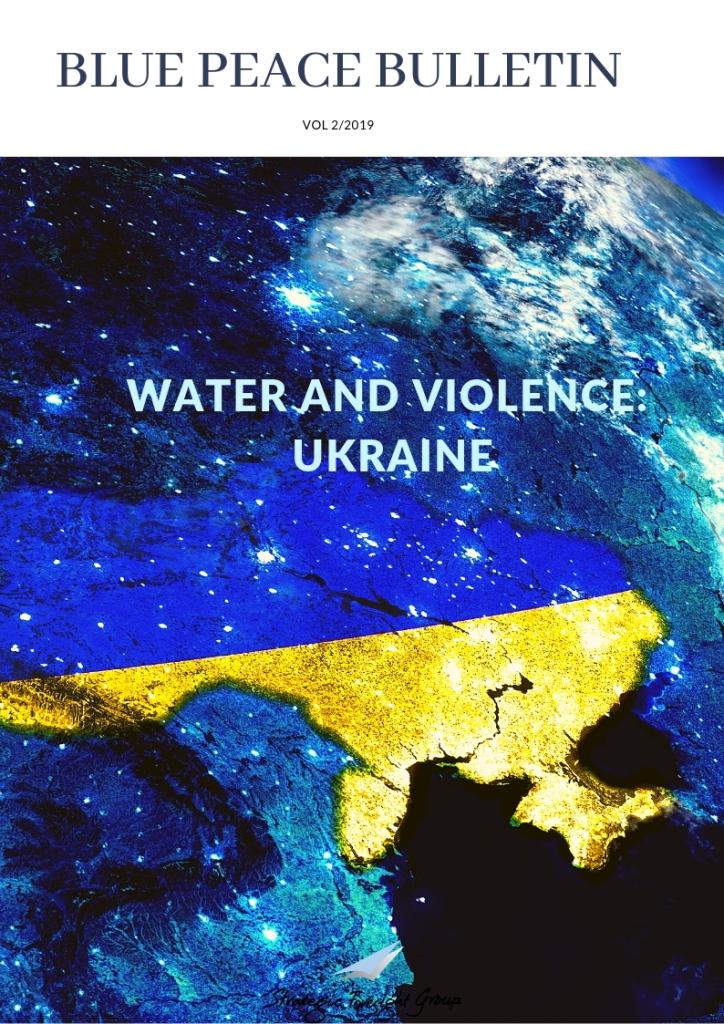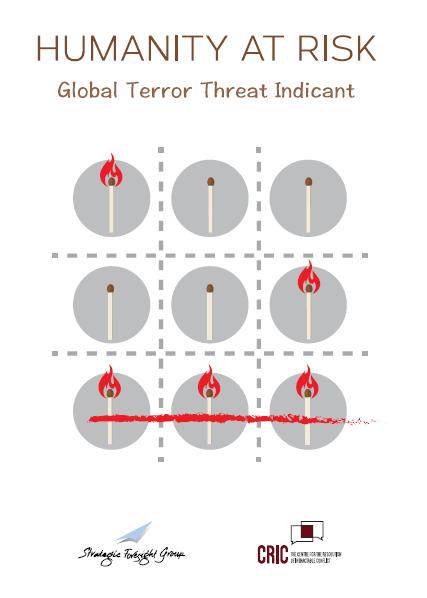Criminalising Sexual Violence in Armed Conflict: The Libya Story
 |
June 2013
By Diana Philip
|
The government of Libya is currently in the process of adopting a bill which makes rape committed during armed conflict a war crime. This is said to be the first such endeavour in the world by a nation state and is worthy of praise. The timing of the announcement of such a bill could not be more promising. The United Nations Security Council (UNSC) on 24th June 2013 passed a legally binding resolution calling upon state parties to enact laws to prosecute acts of sexual violence in armed conflict. Hence, such domestic legislation will not only act as a case in point to all those transitional governments recovering from conflict, but most importantly, this gesture by the Libyan government serves as a beacon of light to the international community which is striving to end such acts of violence.
The conflict in Libya began in February 2011 through an armed uprising similar to those in Tunisia and Egypt and witnessed several cases of sexual violence. However, there is no exact data on the number of such cases which is estimated to be in the thousands. This is because stigma attached to rape and acts of sexual violence in Libya results in the lack of reporting. There is also the possible issue of endangering the lives of victims when such atrocities are reported. If the Libyan bill, which will be put to vote a few weeks from now, is adopted it will send a strong message that rape will no longer be considered as an unfortunate consequence of war. There will be no impunity for perpetrators of such crimes and the victims of violence will not be further victimised.
Rape is often used as a deliberate act to spread terror, destroy communities and alter the ethnic composition in a region during armed conflict. For example during the Rwandan Genocide, systematic rapes were carried out in order to ensure that the minority Tutsi women bore Hutu children. This was the case in Darfur, Sudan as well as the Democratic Republic of Congo (DRC), where rape was used as a weapon of war. There are long term consequences of sexual violence which include, stigmatization of the victims, unwanted pregnancies and transmission of diseases including HIV. Unfortunately, most post conflict nations lack sufficient resources to provide even the most basic healthcare to cater to the needs of the survivors of rape and sexual abuse. In this context, the Libya's action would only go towards strengthening the position of the vulnerable groups who suffer during armed conflict.
While sexual violence during times of war is not a new phenomenon it is only as recently as 1992 that the international community recognised rape in conflict as a crime when the Security Council passed a resolution condemning rape in Yugoslavia. Since then a series of Security Council resolutions which sought to address the issues of sexual violence in armed conflict have been passed [SC Res 1325 (2000), 1820 (2008), 1888 (2009), 1889 (2009), and 1960 (2010)]. It must also be noted that the 1992 Statute of the International Criminal Tribunal for Yugoslavia (ICTY) as well as the 1994 Statute of the International Criminal Tribunal for Rwanda (ICTR) have recognised rape as a 'crime against humanity'. The ICTR in fact was the first court in the world which recognised the systematic use of rape as a form of genocide in the case of The Prosecutor v. Jean Paul Akayesu. The International Criminal Court followed the lead of the above two tribunals and recognised rape and other forms of sexual violence a war crime as well as a crime against humanity.
The aforementioned multitudinous legal instruments and judicial pronouncements, however has had very little impact on preventing sexual violence in armed conflict and bringing the perpetrators of such crimes to justice. This is due to a variety of factors which include the reluctance of the victims in reporting such crimes, the lack of proper forum to address such issues, lack of sensitivity towards the victims and societal stigma. However, a level of political apathy is also seen in several cases where the states turn a blind eye and do not work towards bringing justice to the victims. For example while the Japanese government tendered an apology in 1993 for the thousands of 'comfort women', enslaved by the Japanese army during World War-II; the survivors still await meaningful justice for the ordeal they suffered. In the case of Libya even the UN resolutions passed against it during the period of armed conflict failed to address the issue of sexual violence. The Libyan bill which seeks to criminalise rape during armed conflict is in stark contrast to this attitude of indifference exhibited world over.
The adoption of the bill by the new leaders of Libya would hence represent a watershed moment in history when a transnational government would take policy measures to provide a redressal mechanism for victims of sexual violence. It could provide a momentum for nations in the world which is plagued with internal conflicts or recovering from conflicts to take Libya's lead in strengthening their domestic system in addressing sexual violence in conflict.
Related Publications
Related latest News
Related Conferences Reports
-

P5 Experts Roundtable on Nuclear Risk Reduction
Download:Geneva Roundtable Report
-

Roundtable on Global Security and Catastrophic Risks
Download:Report on RT revise





